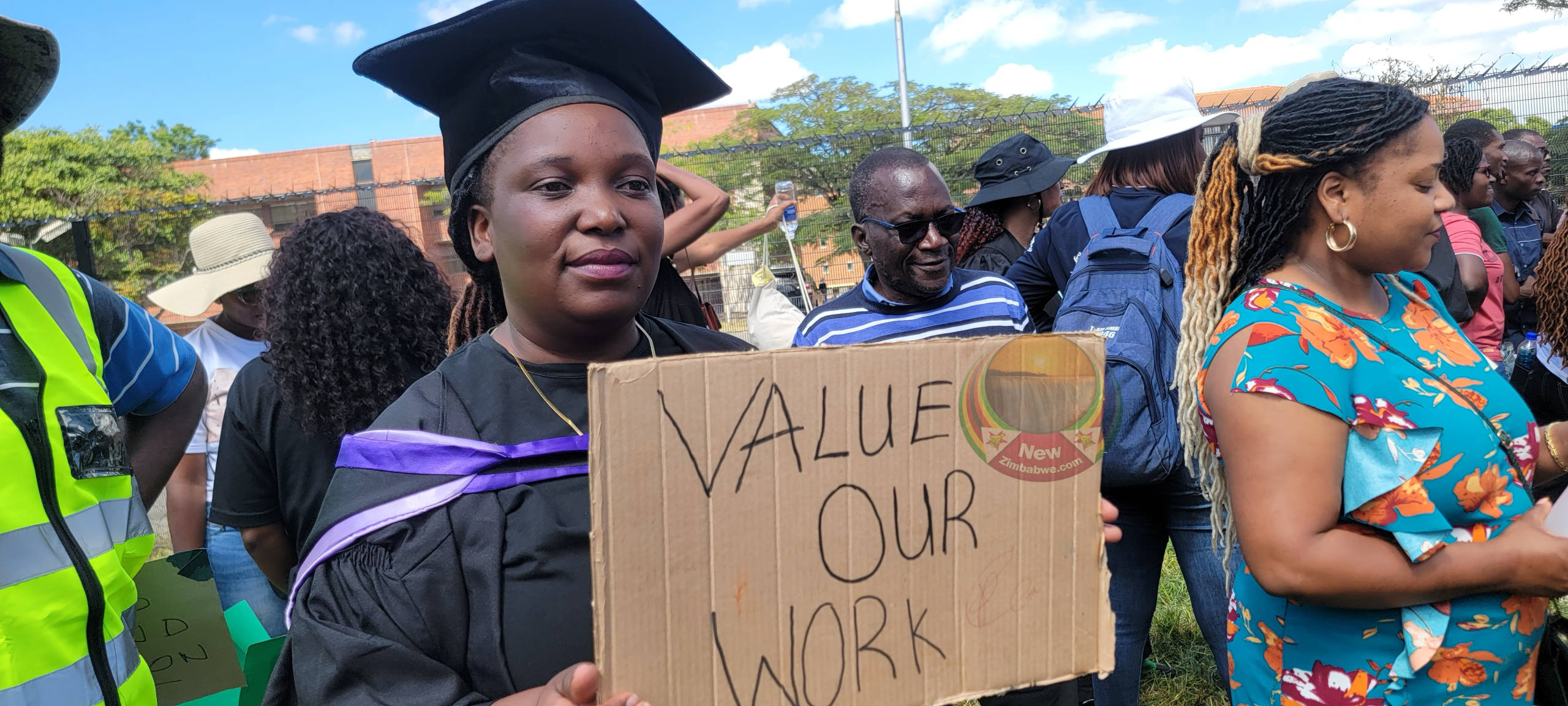HEALTH and Child Care minister Douglas Mombeshora has assured people living with HIV that there is no need to panic because the country has enough HIV medicine amid dwindling foreign funding.
The United States has cut foreign aid to countries such as Zimbabwe and announced plans to withdraw from the World Health Organisation. Zimbabwe received over US$500 million in aid from the US, most of which went to the health sector.
Mombeshora believes there is no need to panic, allaying fears following the US aid pause.
“There is no need to panic; we have prioritised the provision of HIV medicine because we want to maintain the treatment of people living with HIV. We don’t want them to default because we fear the consequences,” he told journalists attending a National Aids Council (Nac)-convened workshop in Chinhoyi last week.
Mombeshora said the government had put in place strategies to ensure “our people are not vulnerable”.
“The wisdom of the government in establishing the National Aids Trust Fund (commonly known as the Aids levy) has now been amply demonstrated by the need to have sustainable domestic funding mechanisms in cases of donor withdrawal.
Keep Reading
- Zim wins bid to host ICASA 2023
- Zanu PF old guard retain CC posts
- An extraordinary tale of perseverance
- ‘ICASA to focus on other diseases
“In addition to the levy, government is working on various long-term initiatives, which include the National Health Insurance and others,” he said, adding that: “We have put in place US$12 million to acquire a new stock of antiretroviral drugs and in June we are getting a new stock that will take us to the end of the year.”
The fears are justified as the gap is too huge to be plugged by a government that is battling to raise resources.
According to Nac, domestic financing is between 9% and 15% compared to 75% from the Global Fund. Domestic financing is covering 400 000 out of 1,3 million people living with HIV, USAid (200 000), while Global Fund carried the bulk of the load, covering 750 000, according to Nac.
It is a tall order for the country to reverse the tide at a time when allocation to the health sector is below the continental benchmark, the Abuja Declaration on health which prescribes that at least 15% of the budget must be allocated to health.
This is not the first time that the government has put up a brave front in the face of adversity. During the COVID-19 era, the government claimed to have put in place mechanisms to confront the pandemic. This was exposed as hot air a few months later.
There are fears that failure by the country to scale up funding will derail efforts to end Aids by 2030. Zimbabwe successfully achieved the 95-95-95 UNAids fast-track targets; that is, 95% of people living with HIV know their status, 95% of those diagnosed are receiving treatment and 95% of those on treatment have achieved viral load suppression.
There is no doubt that funding must be scaled up at a time when over 15 000 new HIV infections and over 17 000 Aids deaths are being recorded.
This alone can trigger panic, which is justified.





